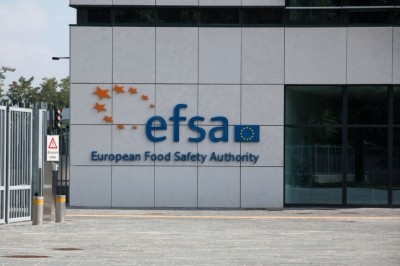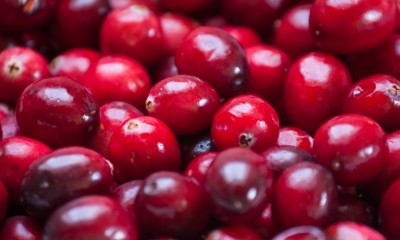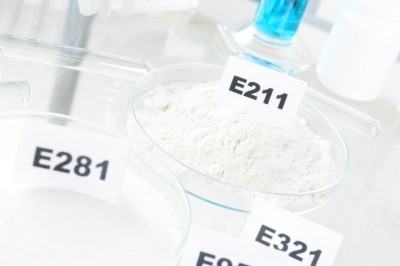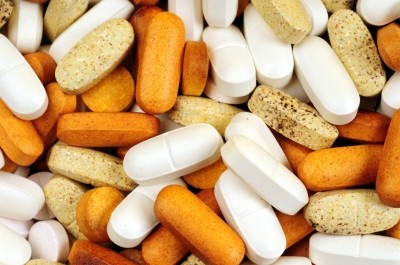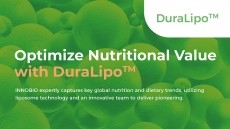NEWS IN BRIEF
Food supplement additive L-HPC granted EU approval

Documents made available state that L-HPC is classed as a glazing agent in food supplements in solid form (tablet) at a maximum use level of 20 000 milligrams per kilogram (mg/kg).
“The specifications for low-substituted hydroxypropyl cellulose (L-HPC) (E 463a) should be included in Regulation (EU) No 231/2012 when it is included in the Union list of food additives laid down in Annex II to Regulation (EC) No 1333/2008 for the first time,” the ruling said.
L-HPC is water insoluble cellulose that aids in the manufacturing of solid food supplements in tablet form due to its good compressibility and binding properties.
Being insoluble in water, it absorbs water while increasing in volume. The increased volume makes the tablet disintegrate rapidly providing a fast release of the nutrients in the stomach.
EFSA inspection
The European Food Safety Authority (EFSA) evaluated the approval of L-HPC, now assigned the E-number ‘E463a,’ back in January of this year.
Its opinion concluded that there was no safety concern from the proposed use in food supplements in solid form (tablet), at a maximum use level of 20 000 mg/kg and a typical use level of 10 000 mg/kg.
The Panel noted that the exposure data from the proposed use and use level of L‐HPC was around 2 mg/kg body weight (bw) per day for high‐level consumers at the highest use level.
This value is considered very low in comparison with around 500 mg/kg bw per day for high‐level consumers of other modified celluloses, which was not considered as a safety concern by the Panel in the re‐evaluation of the celluloses.
The applicant, German-based cellulose manufacturer SE Tylose, had informed EFSA that both microcrystalline cellulose (E 460i) and hydroxypropyl cellulose (E 463) have been previously evaluated.
The WHO/FAO Joint Expert Committee on Food Additives and by the former EU Scientific Committee on Food, had carried this out resulting in the allocation of an acceptable daily intake (ADI) of ’not specified’ for both products.
